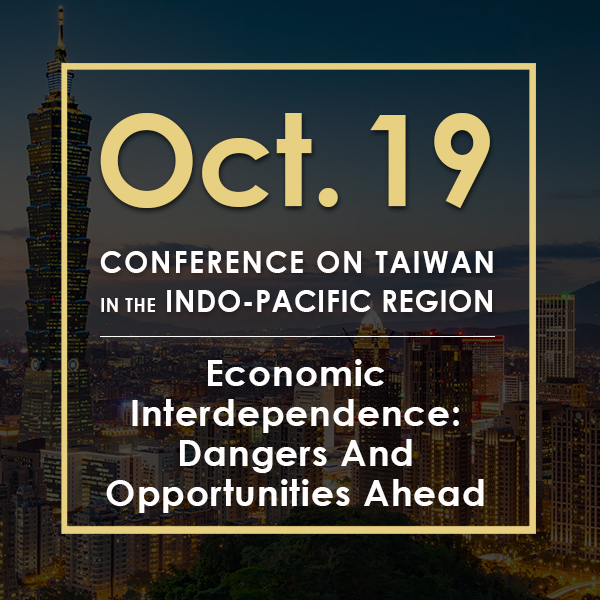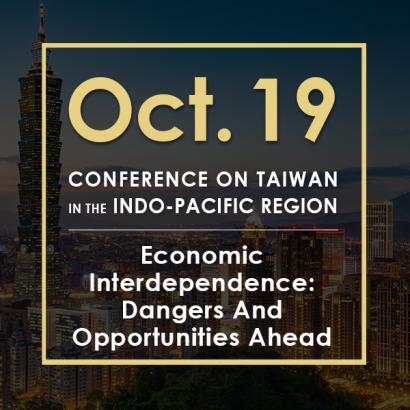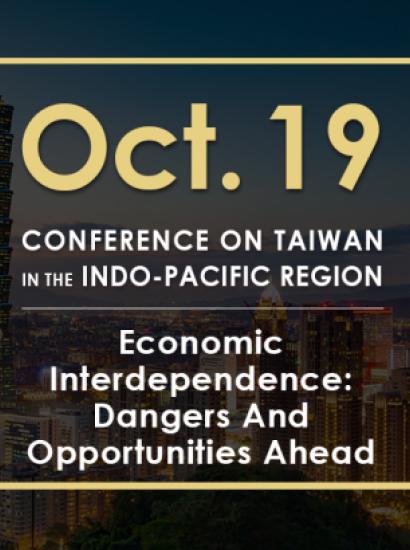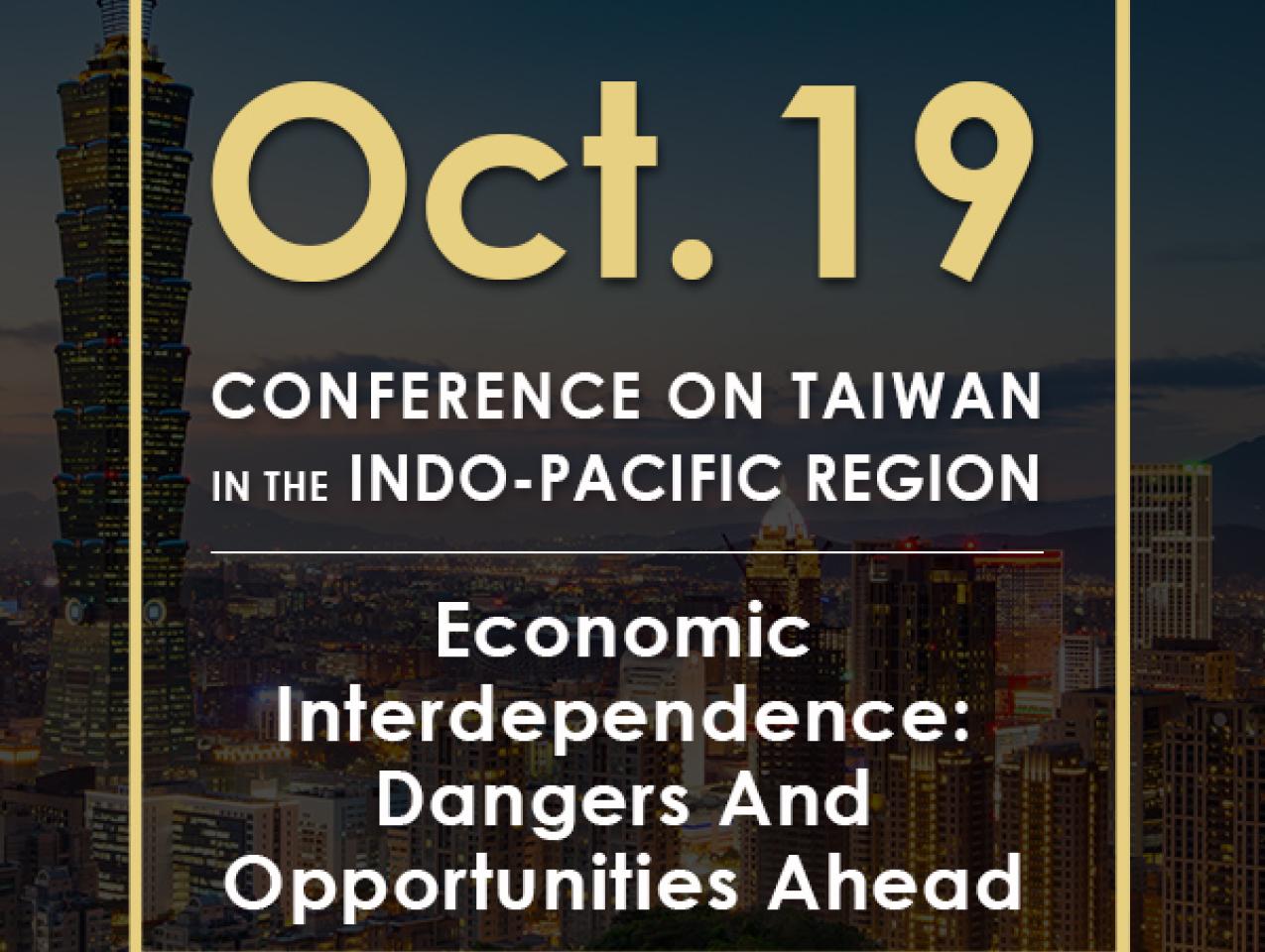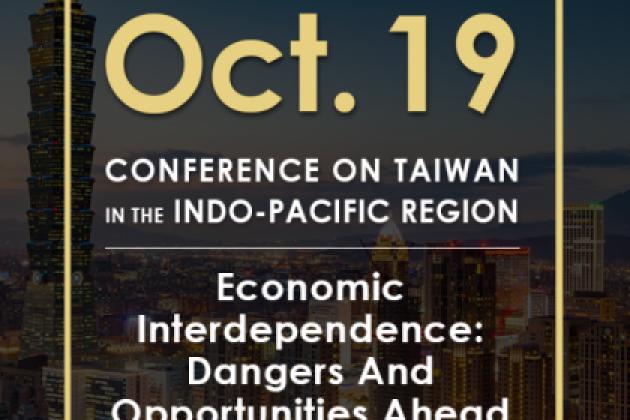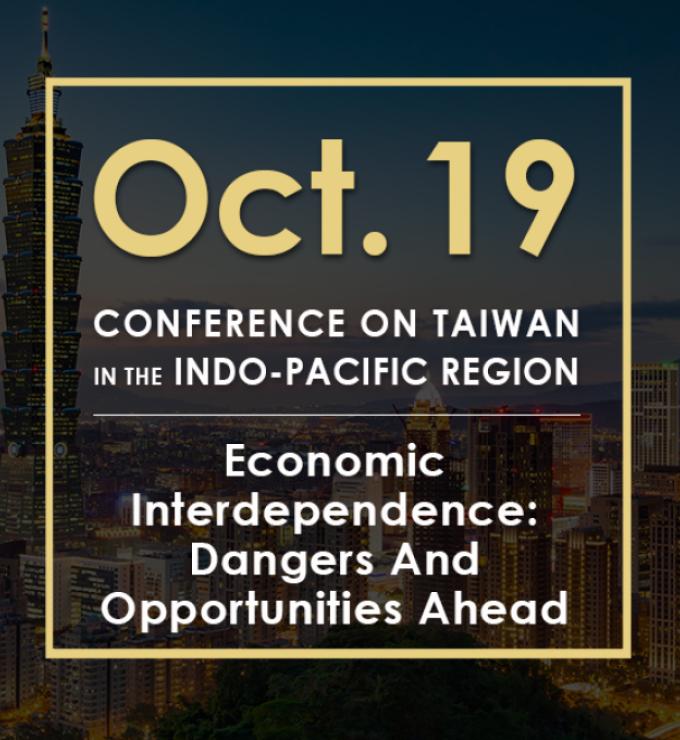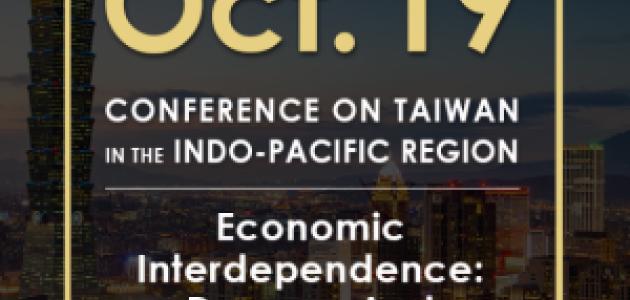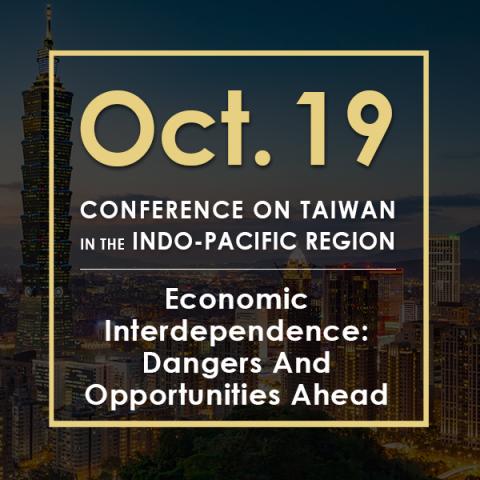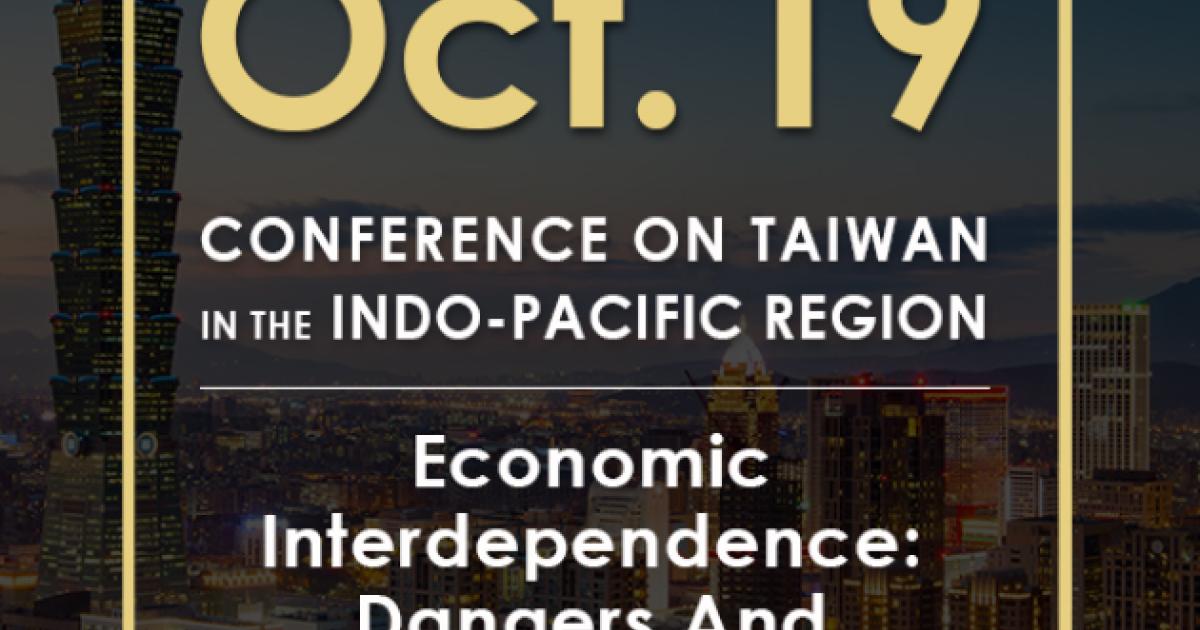- Energy & Environment
- Science & Technology
- Security & Defense
- US Defense
- International Affairs
- US Foreign Policy
- Terrorism
- History
- Economic
- US
- World
- Law & Policy
- Civil Rights & Race
Monday, October 19, 2020
Hoover Institution
Panel 3 took place on Monday, October 19, 4-5:30pm PDT and focused on Economic Interdependence: Dangers And Opportunities Ahead.
CHAIR: David Lampton (Johns Hopkins-SAIS)
DISCUSSANT: Thomas Fingar (Stanford University)
• Economic coercion as a tool of PRC foreign policy
Christina Lai, Academia Sinica
• Taiwan’s New Southbound Policy: A framework for economic security
Ian Tsung-yen Chen, National Sun Yat-sen University
• Competing paradigms of development assistance in the Indo-Pacific
Jonathan Pryke, Lowy Institute
MEET THE PANELISTS
Dr. Ian Tsung-yen Chen is associate professor at the Institute of Political Science at National Sun Yat-sen University. His current book project is entitled The Asian Infrastructure Investment Bank: Power, Interests and Reputation.
Dr. Thomas Fingar is a Shorenstein APARC Fellow in the Freeman Spogli Institute for International Studies at Stanford University. Formerly, he was first deputy director of national intelligence and chairman of the U.S. National Intelligence Council. Most recently, he co-edited Fateful Decisions: Choices that Will Shape China’s Future.
Dr. Christina Lai is a junior research fellow in the Institute of Political Science at Academia Sinica, Taiwan. She was also a lecturer in global security studies at Johns Hopkins University. Her research focuses on U.S.-China relations, Chinese foreign policy, East Asian politics, and qualitative research methods.
Dr. David M. Lampton is professor emeritus of China studies and former director of SAIS-China and China Studies at Johns Hopkins SAIS. He is a senior fellow of the Foreign Policy Institute and former president of the National Committee on United States-China Relations.
Jonathan Pryke is director of the Lowy Institute’s Pacific Islands Program. Mr. Pryke joined the Lowy Institute from the Development Policy Centre at the Australian National University where he was editor of the Development Policy Blog.






